Keywords: David James
There are more than 200 results, only the first 200 are displayed here.
-
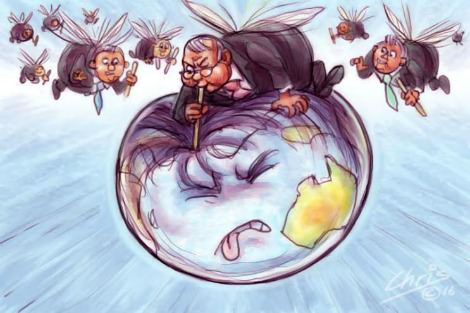
ECONOMICS
- David James
- 18 April 2016
11 Comments
Three finance-related events are currently gaining great attention in the media. One is the so-called Panama Papers. Another is the proposal to have a royal commission into the banks. And a third is the furore over the unaffordability of homes and the debate over negative gearing. On the surface they would seem to be quite separate issues. But all three issues demonstrate yet again that banks are, if not the most malign organisations on the planet, then certainly among the most dangerous.
READ MORE 
-
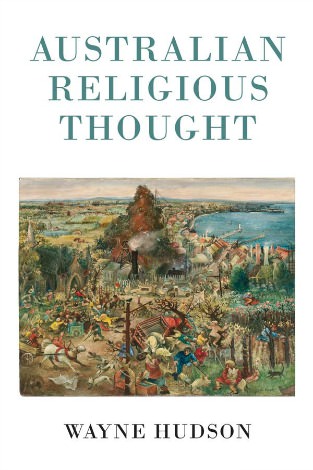
RELIGION
- Frank Brennan
- 22 March 2016
6 Comments
I offer no public judgment of Pell, and unlike many other commentators I'll await the findings of the royal commission. I have however been outspoken about his right to a fair hearing and natural justice, not because I am a priest but because I am a human rights lawyer who cares about the universal application of the rule of law. It is when a representative of institutional religion like Pell taps into the generic religious sensibility or moral consciousness that the real work of Australian religious thought is done.
READ MORE
-
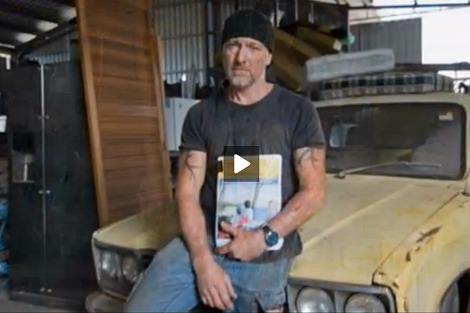
MEDIA
- David James
- 16 March 2016
7 Comments
Most spin doctors are either former journalists, who have personal experience in how the industry works. If a story appears in the media, it is more often than not because some spin merchants want it to be there. Happily, there are exceptions. Gold Walkley winner Adele Ferguson did a brilliant exposé of the insurance industry that was definitely not on any spin doctor's agenda. Indeed it was a demonstration that spin has its limitations if the journalist is skilled enough to get beyond the wall.
READ MORE 
-
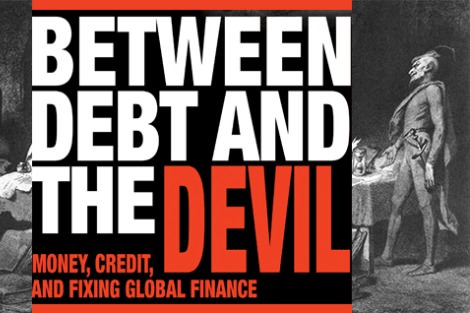
ECONOMICS
- David James
- 26 February 2016
8 Comments
It is not often that federal political parties exhibit courage. Labor's decision to change the rules on negative gearing is a rare instance. It targets what is most dangerous and unfair in our financial system. Expect howls of protests from powerful lobby groups if it ever looks like becoming policy. But these changes alone won't be enough to deal with the ills of the financial system. While they are designed to target the bias away from productive investment, they won't remove the attraction towards property.
READ MORE 
-
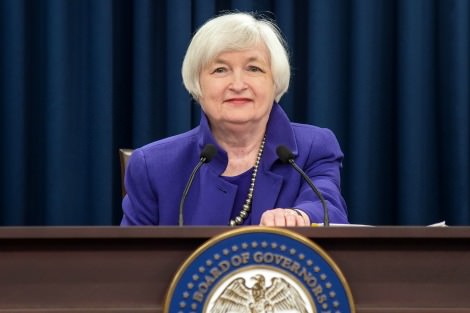
ECONOMICS
- David James
- 19 January 2016
11 Comments
Low interest rates tend to change the understanding of risk; having high debt seems to be less of a problem because the cost of servicing it is lower. This cavalier attitude has been especially evident in Australian households, which have racked up more debt relative to the size of the economy than any other country in the world. The massive appetite for debt has been replicated across the globe. The world may have survived the era of casino money - just - but it is now facing another crisis.
READ MORE 
-

ARTS AND CULTURE
- Tim Kroenert
- 17 December 2015
2 Comments
From the drama-filled mind of a pre-teen girl to the homes of former Indonesian death-squad members; from a day in the life of a transgender sex-worker to a grim and sublime new rendition of one of Shakespeare's most famous plays; from one actor's immense ego to another's fading relevance to an allegedly doomed writer's captivating self-effacement, Eureka Street's resident film buff Tim Kroenert revisits the characters and themes of some of the best and most conversation-worthy films of 2015.
READ MORE 
-
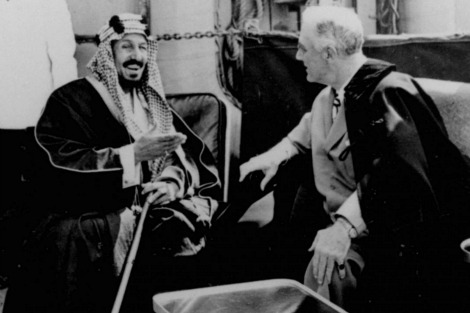
ECONOMICS
- David James
- 15 December 2015
3 Comments
In the early 1990s, America, Europe and Japan accounted for about 90 per cent of world GDP. Now, they account for less than half. The BRICs and other developing nations have grown steadily (in China's case spectacularly) while Europe has stagnated and America has sputtered at best. Recent developments in the geopolitics of fossil fuels and in finance confirm the perception that the rise of China and the developing world spells the end of US global hegemony. Against this backdrop, the narrative of the West has grown increasingly incoherent.
READ MORE 
-

ARTS AND CULTURE
- Tim Kroenert
- 10 December 2015
The End of the Tour is most compelling as a consideration of the relationship between journalist and subject, which is a strange kind of beast, glorified in the sprawling feature profiles of Rolling Stone and its ilk. At its best the relationship is marked by intimacy generated through dialogue, but at its worst or it is mutually exploitative. Scenes from this year's Amy Schumer press junket revealed how bad things can go when an interviewer thinks they are going to befriend their celebrity interviewee.
READ MORE 
-

ENVIRONMENT
- David James
- 05 November 2015
2 Comments
In the early 1990s London engineer Allan Jones took the suburb of Woking off the grid by establishing a system of tri-generation, which reduces waste by generating power locally. The Sydney City Council employed Jones in 2009 to bring the same approach to Australia. But regulations from previous eras that greatly favour the incumbent power companies are preventing any meaningful change. Once again we find that the main challenges with tackling global pollution are not technical, but political.
READ MORE 
-
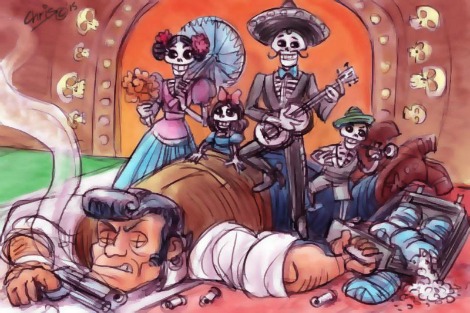
INTERNATIONAL
- Garry Westmore
- 20 October 2015
3 Comments
Hollywood need not deny the violence cartels have perpetrated upon one another, members of the public, police and military. But to almost exclusively engage with Mexico in terms of this violence provides a badly limited perspective on that country. Hollywood does something similar when it goes to Africa and tells only stories of warlords and child soldiers. To do so brings nothing to the conversation, but merely exploits tragic situations for the benefit of laughs and action.
READ MORE 
-

ECONOMICS
- David James
- 19 October 2015
7 Comments
For those who believe, as G. K. Chesterton quipped, that the popular press is 'a conspiracy of a very few millionaires', the decline of mainstream media may not seem such a great loss. But the thinning of journalistic ranks is not good for democracy. In the world of business, old habits usually do not die at all — it is rather the businesses themselves that experience terminal decline. What journalism that does emerge from the ashes of the existing mainstream media businesses will be very different.
READ MORE 
-

ARTS AND CULTURE
- Tim Kroenert
- 08 October 2015
2 Comments
A Black Mass is a travesty of the Catholic Mass in worship of the devil. In this instance it is a metaphor for FBI agent Connolly's devotion to violent criminal Bulger, due in part to the social benefit he attains through his association with this powerful criminal, but running all the way back to a formative childhood encounter that is hinted at but not articulated in detail. Of the flatly villainous Bulger and the morally complex, wilfully compromised Connolly, the latter is the more palpably evil.
READ MORE 